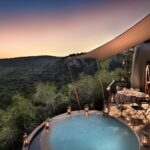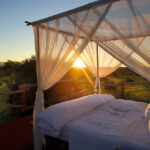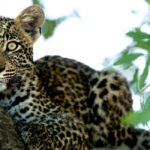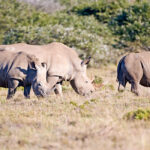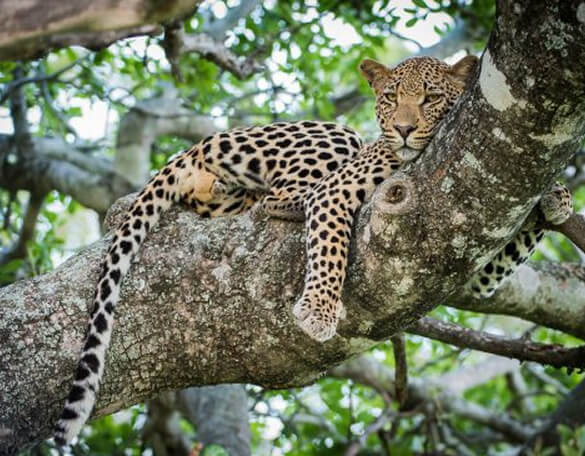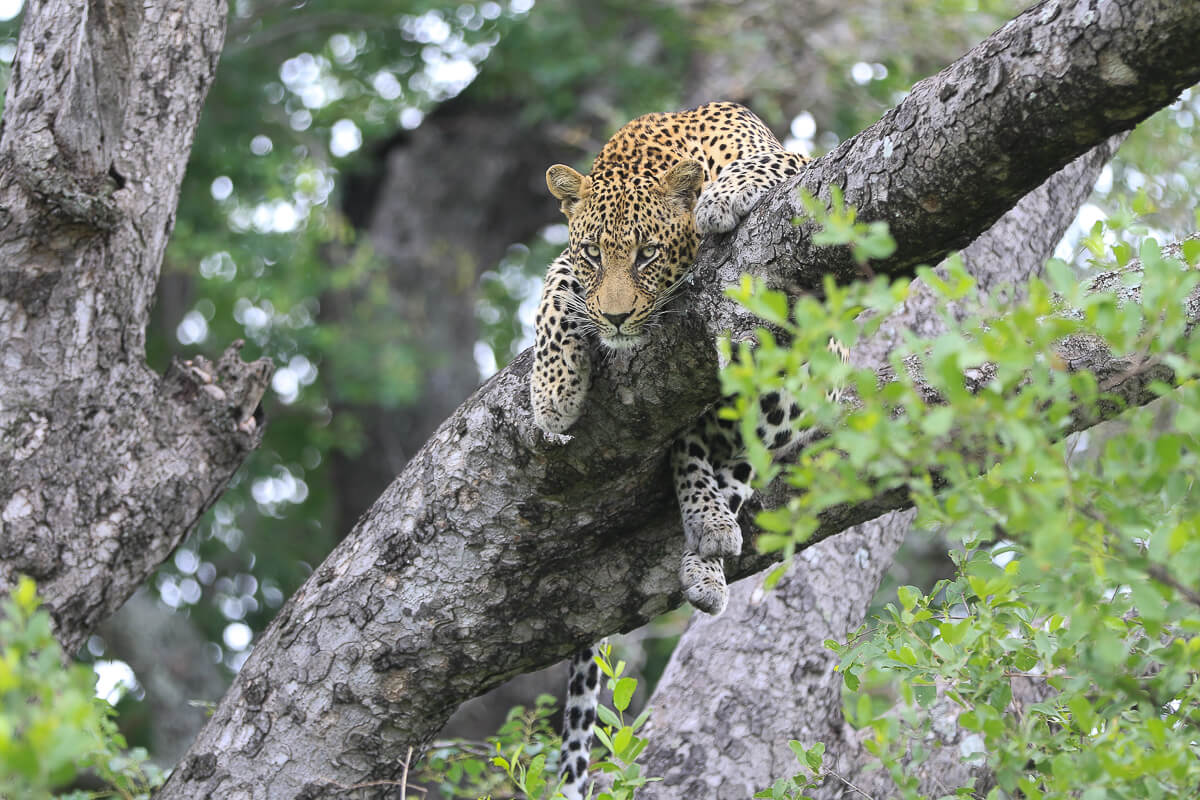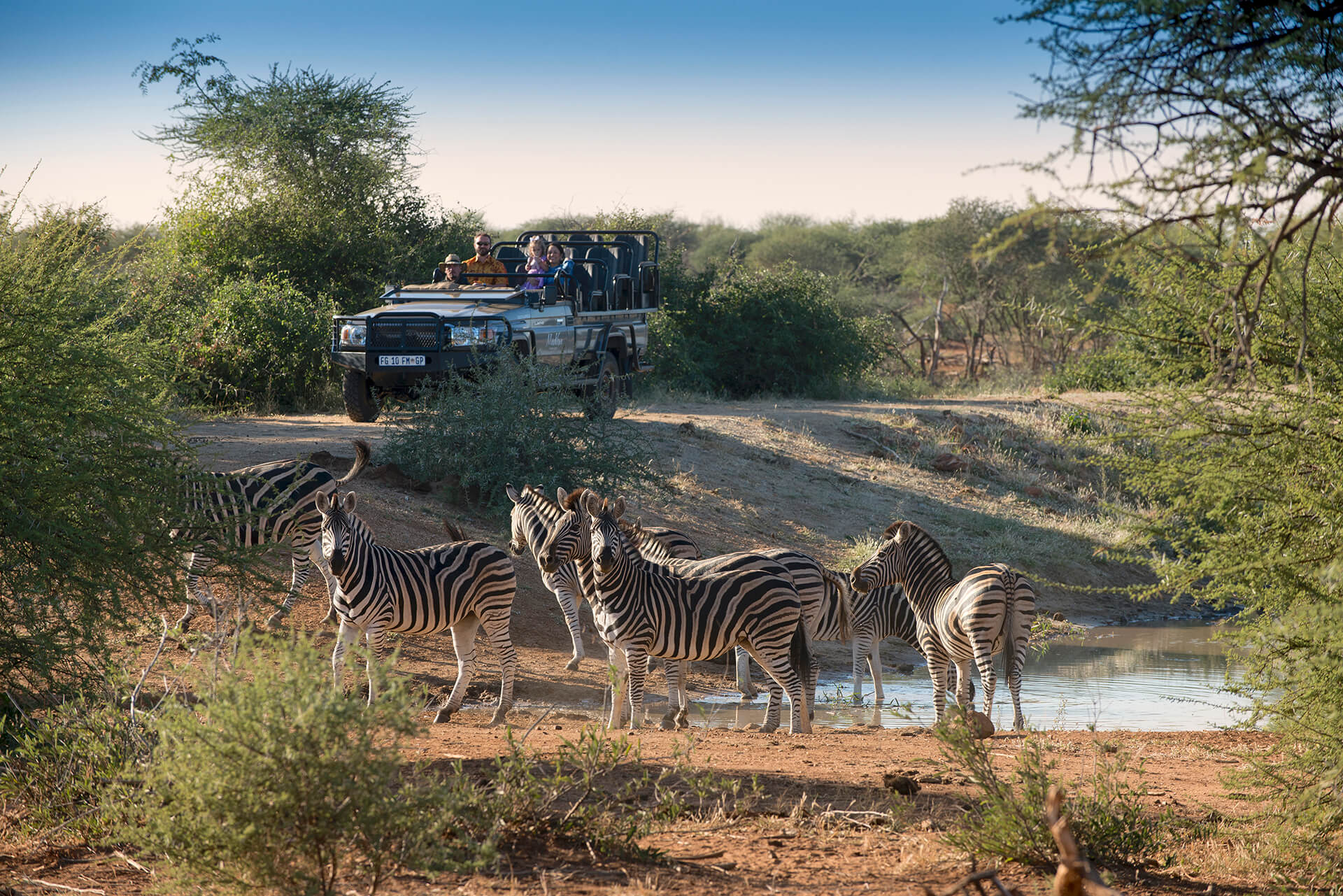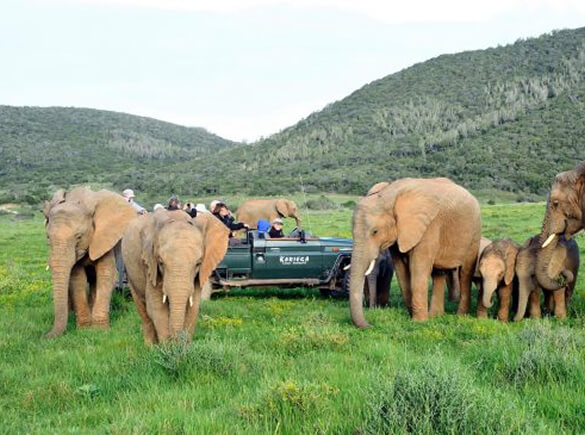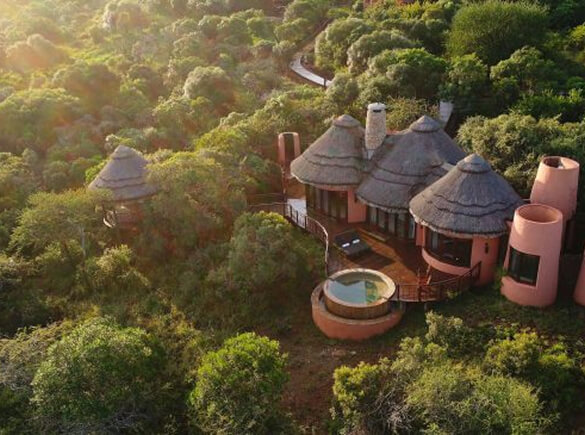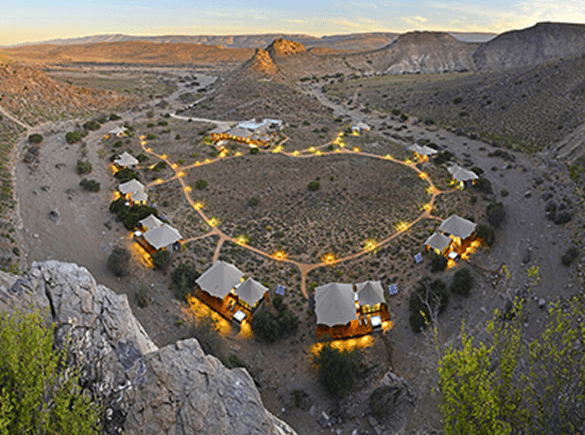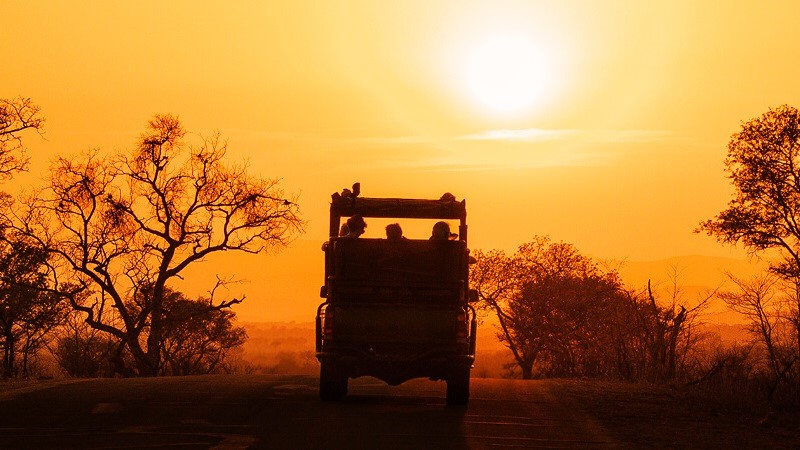
In this post, we have listed a number of frequently asked safari questions and answers for the convenience of travellers. If you have an upcoming holiday or vacation and are considering safariing in Africa, then hopefully you will find this information useful. There’s certainly lots to think about before a trip to the African wild.
Frequently Asked Safari Questions and Answers
Are African Safaris Safe?
Yes. While you will be around wild animals and come relatively close to them, you will be safe. That is, if you follow the safari rules. Game parks and reserves have safety measures and safari guides are experienced and well trained. Moreover, lodges and camps are regularly in contact with medical air rescue services.
Do Lions Ever Attack Safari Vehicles?
No, lions (and other wild bush animals) do not typically attack safari vehicles. In fact, animals rarely even approach the trucks, unless they want shade or are in the process of stalking prey. If an animal does approach, then your driver will let you know what to do. Is going on safari dangerous? Again, no, it is quite safe.
What About Malaria?
Malaria-carrying mosquitoes are prevalent in Africa, particularly in Southern Africa between November and March. Between May and October, the driest months, there aren’t many mosquitoes. Regardless of the time of year, though, travellers should see a doctor for safari questions and answers and a prophylactic.
Do I Need Immunisations Before the Trip?
Yes, depending on the country that you will be travelling to for safari. Safari-goers should consider contacting a travel clinic for advice on vaccinations for Hepatitis A and B and Typhoid. if you’re travelling to Kenya or Tanzania, then you will need a vaccination for Yellow Fever, a serious and potentially deadly disease.
Is the Water Safe to Drink on Safari?
Again, it depends on where you’re going. Some places in Africa have treated water that is safe to drink from a tap. However, if you’re not a local with immunity to the local bacteria strains, then you could experience diarrhoea. The good news is that most safari lodges and camps stock bottled mineral water.
Will We Have Electricity?
Probably. Safari lodges and camps generally run power from generators and solar installations. Lodges in towns, cities and developed rural areas operate on mains or utility electricity with the expectation of offering 24-hour electricity. But then, the power is not very reliable in many areas, so they still use generators.
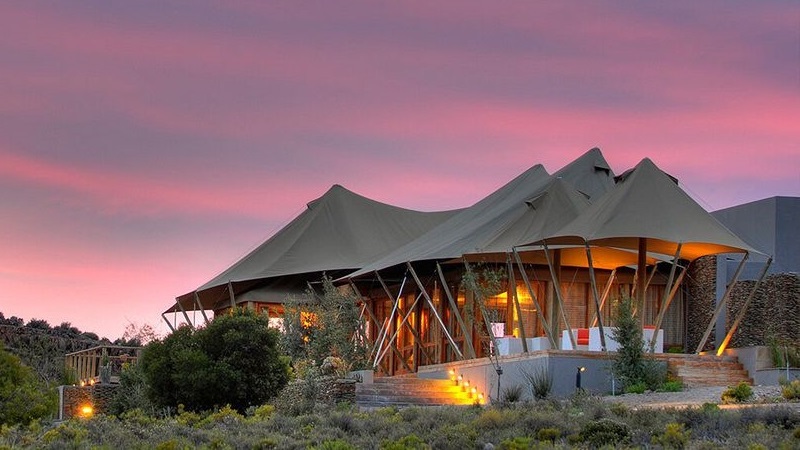
More Safari Questions and Answers…
Can Kids Go on Safari?
Not all safari camps and lodges in Africa allow children, particularly children under the age of six, but many do. Same goes for lodges and camps in game parks and reserves in South Africa. Some of them not only permit little ones but cater specifically to children and families, offering lots of fun activities for kids on safari.
What Should I Wear?
Safari-bound tourists should pack in clothing appropriate for the season, the destination and the type of safari. It’s also important to consider comfort and safety. It can get hot in Africa and you’re going to be doing some walking, and the wrong safari colour scheme could increase the risk of danger. See what to wear on safari.
Where Do You Pee on Safari?
Park entrances, picnic spots and lodges usually have bathrooms but on game drives you’ll be ‘going’ in the bush (number 1 and 2), so carry tissues and a small bag. Hand sanitiser is a good idea, too. There are normally stops on safari drives. If you have an emergency, then inform your guide for safari questions and answers.
Do I Need Binoculars?
The animals on safaris will not always be in close proximity, so yes, bring a pair of binoculars. Even when they are relatively close, binoculars allow you to view the animals in great detail. The best binoculars for African safaris are lightweight and fog proof, with at least 8x magnification and a 42-millimetre lens.
What Type of Camera Will I Need?
A digital single-lens reflex (DSLR) camera is the standard piece of equipment for capturing wildlife on safaris. It should have a telephoto zoom lens no smaller than 200mm lens and ideally 300mm. Both Canon and Nikon produce high-quality DSLRs that are affordable. Check out our guide for taking amazing safari photos.
What About Visas and Visa Fees?
Passport holders of most nationalities require a visa to enter Zimbabwe, Zambia, Kenya and Tanzania in Africa for safari. At this time, travellers do not require a visa to visit South Africa for up to 90 days. However, this could change, and visa fees change regularly. Visit ProjectVisa for current information on visas and travel.
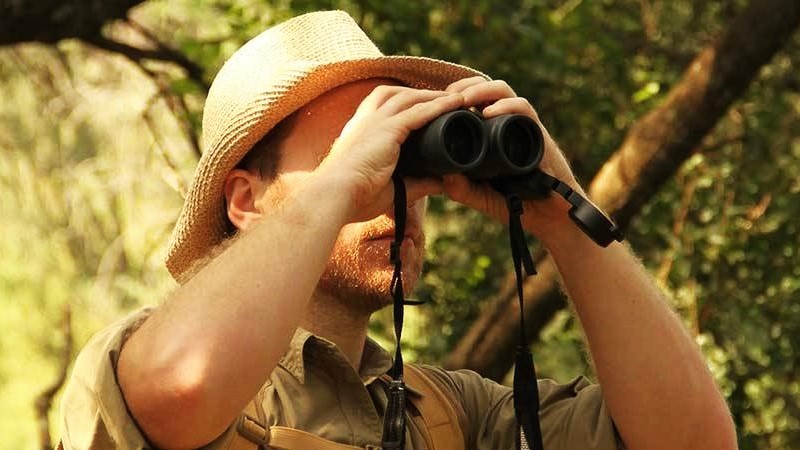
–
Still have questions about safaris in Africa? We’re happy to answer them and address any relevant concerns that you may have. Contact us through our website now for prompt assistance.

